Africa’s most misunderstood country?
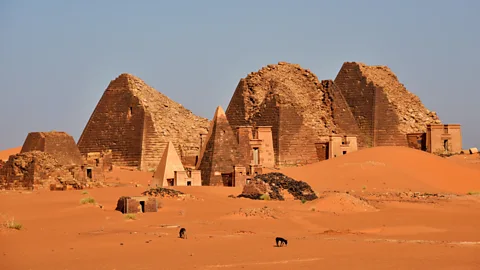 Antonelli Maria Laura/AGF/UIG/Getty
Antonelli Maria Laura/AGF/UIG/GettyBenjamin Zand spent a week in Sudan – a country long-ravaged by terrorism and civil war – to uncover the timeless beauty and rich humanity beneath its fraught exterior.
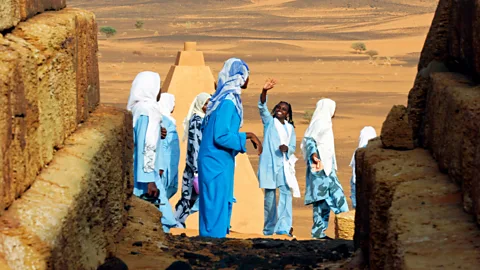 Arterra/Getty
Arterra/GettyFor travellers, Sudan’s secret treasures are captivating. From discovering what it’s like to sleep outside in the desert to observing how Sudanese youth are evoking national pride through poetry, BBC reporter and documentary filmmaker Benjamin Zand uncovers a side of Sudan that’s seldom seen, in this three-part series.
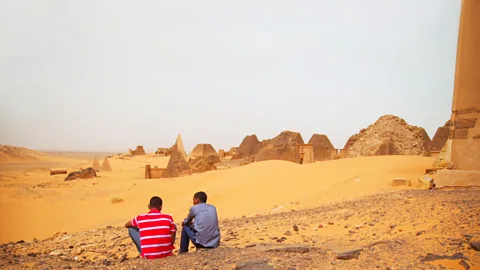
From my experience, the misconceptions about Sudan couldn’t be more off the mark. – Benjamin Zand
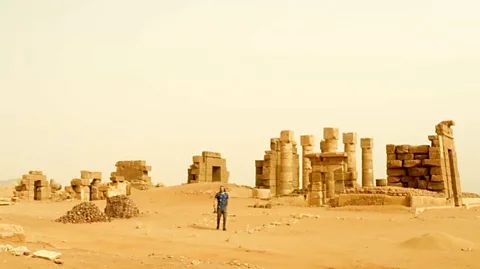
Part 1:
The ancient city of Naga’a once served as a stronghold of the Kushite Kingdom. Although it dates back to the 4th Century BC, several of its structures, like the Amun and Apedemak temples, have withstood the test of time.
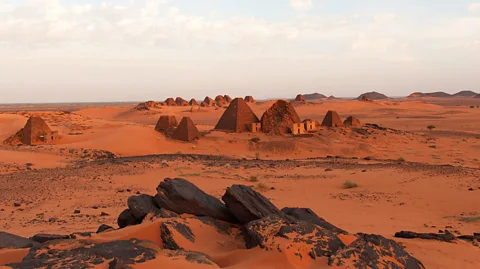 imageBROKER/Alamy
imageBROKER/AlamyAs the sky grows dark, Zand and his group stop for the evening. After enjoying a meal of sheya (Sudanese-style barbecue), they prepare to call it a night. Many Sudanese choose to sleep outside, where the sunrise acts as a natural alarm clock.
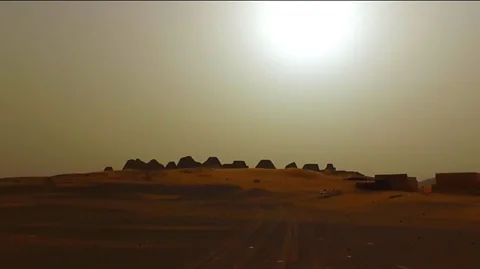
The next morning, Zand and his fellow travellers head to the ancient city of Meroë. Once a wealthy Kushite metropolis on the east bank of the Nile, Meroë is now a Unesco World Heritage site marked by more than 200 pyramids dating back to the 3rd Century BC. Today, these pyramids see only 15,000 visitors a year, a tiny amount compared to the millions their famed Egyptian cousins receive.
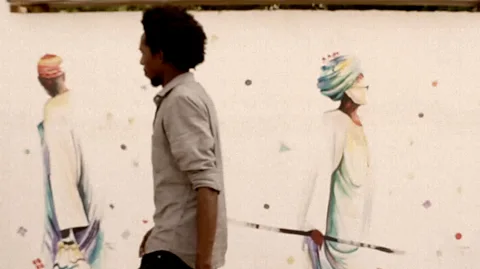
Part 2:
The fierce cultural pride of the Sudanese youths, who make up a significant portion of the population, is going a long way towards bringing Sudan into the limelight. In the midst of tackling divisive issues of Arab and African identity, these young people define what it means to be Sudanese by using a surprising medium: poetry.
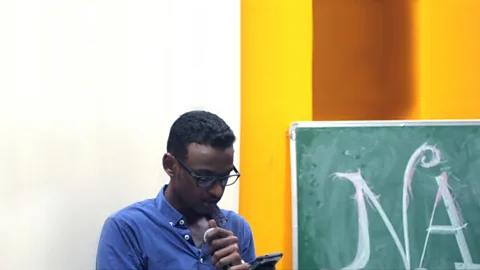
I need people to recognize this country. I need this country to be better. I’m willing to put my life on the line for it. – Mazin M. Saeed, Nas With Notepads
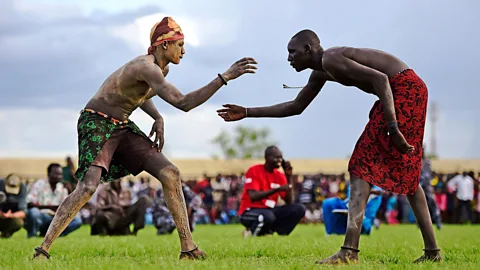 Carl De Souza/Stringer/Getty
Carl De Souza/Stringer/GettyPart 3:
For the Sudanese, pride in their culture is nothing new. It can also be seen in the tradition of Nuba wrestling, which has been practiced for over 3,000 years.
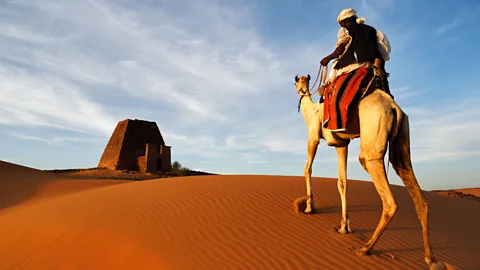 Robbie Shone/Getty
Robbie Shone/GettyThe histories and stories Sudan holds are things you don’t hear about too often. But when you see them for yourself, they’re something you’ll remember forever. – Benjamin Zand
